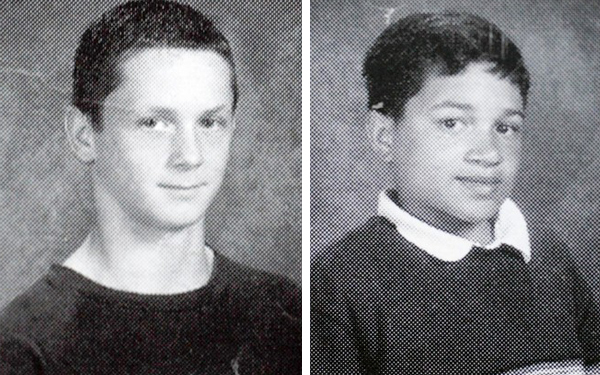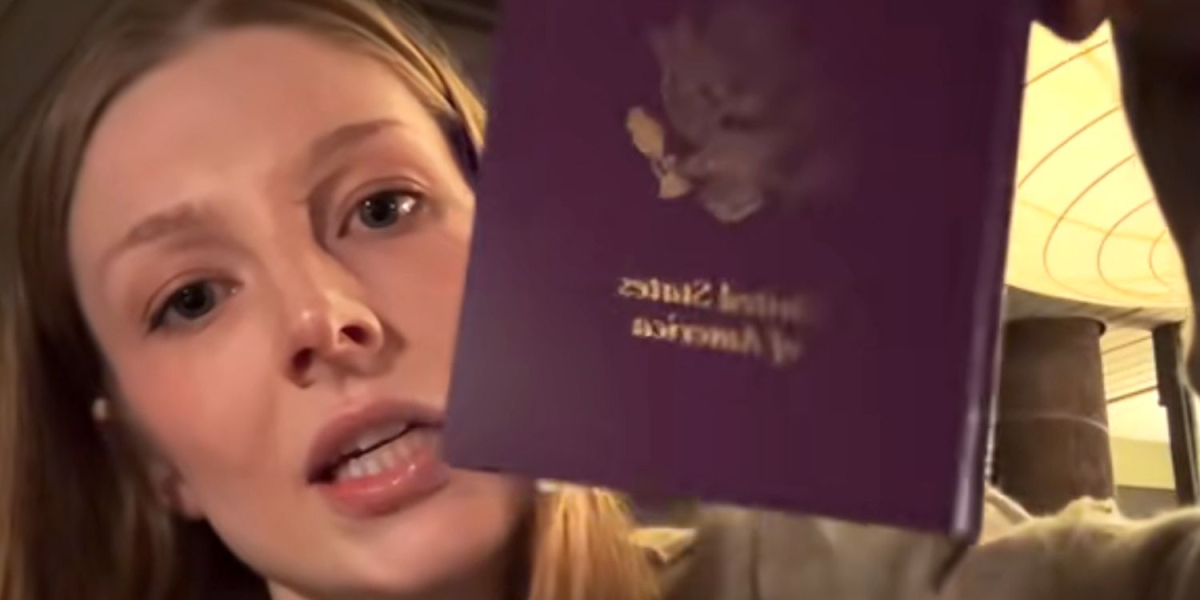Back in September, when the trial of Brandon McInerney in the murder of Larry King came to a close, the jury was unable to come to a verdict. Many speculated that a significant factor in the jury’s inability to reconcile differences of opinion was due to the fact that McInerney was tried as an adult, despite the fact that his crime took place when he was 14. The jury’s unwillingness to convict McInerney may also have been influenced by the defense’s claim that childhood trauma and abuse combined with the “psychological strain” of being exposed to King, an openly gay and effeminate classmate, may have made him less than fully responsible for his actions — a version of the “gay panic defense” that Matthew Shepard’s killers attempted. (On the other hand, the fact that at least one jury member couldn’t be convinced to acquit him may also indicate that a “gay panic defense” is less successful in today’s courtroom than McInerney’s defense might have hoped.)

A hung jury means it is possible for a retrial to occur, with the decision being up to the prosecution. Instead of waiting for a possible retrial, McInerney’s defense has opted for a plea deal. Now 17, McInerney agreed to plead guilty to second-degree and voluntary manslaughter, and will go to prison for 21 years. If McInerney had been found guilty at a second trial, he could have received a life sentence. On Monday, it seemed clear that no one wanted to see the same complicated emotional drama of the first trial play out in a second.
Prosecutors said the first trial showed that the case was too emotional to take to trial a second time. “The first jury was unable to keep their emotions out of it,” Ventura County Chief Deputy Dist. Atty. Mike Frawley said. “This really tugged powerfully at people’s hearts,”
It wasn’t the only new thing to come to light in the courtroom on Monday; Larry King’s mother revealed for the first time that she had contacted school officials four days earlier to ask them to “contain him, contain his behavior,” and still believes that if they had agreed to do so, he might be alive today. (The “behavior” that students and teachers testified about during the trial included “dressing in women’s accessories and wearing makeup, and was flirting aggressively with male students on campus who did not want the attention.”) At the same time, several jurors from the original trial showed up to the courtroom wearing “Save Brandon” bracelets.
McInerney will be transferred to a state prison when he turns 18 in January, and stay in jail until the age of 38. GLSEN’s statement on his plea bargain:
“The plea deal announced today ends a tragic chapter in Ventura County. Holding Brandon McInerney accountable for his actions is necessary and right, but putting him behind bars does not solve the problems that led a boy to become a bully, and then a murderer. Homophobia and transphobia, compounded by the lack of counseling and other supports for struggling young people, resulted in Larry King’s death and the effective end of Brandon McInerney’s life. As adults and as a society, we must find the resolve to fix the broken systems that lost two young lives to hate and fear. The end to this painful chapter must now serve as a new beginning. Ventura County along with communities and school districts everywhere must come together to promote a culture of respect and nurture the true potential found in every individual regardless of sexual orientation, gender identity, or gender expression.”
I think we were all a bit devastated in September to see a hung jury result on this trial. McInerney, motivated by homophobia and transphobia, shot a 15-year-old kid in the face in front of an entire classroom of kids — the idea that some members of the jury weren’t sure whether or not to punish this kid was appalling. It felt like a step backwards. What kind of message did that send to gay kids who feel victimized in schools or their bullies?
But GLSEN makes a crucial point: this case is about more than our desire to see McInerney behind bars or the sense of “justice” we feel now that he’s been sentenced. We put a lot of energy into talking about how to fix the societal issues that often result in violent crime, like drug abuse, racism and poverty. Homophobia and transphobia are two of those issues too, and that’s why it’s frightening how many schools actually forbid mentioning LGBT people, let alone learning about LGBT or otherwise recognizing them as part of the human race. This is why things like California’s FAIR Act matter so much. Because we’re not just trying to prevent kids like McInerney from killing or bullying kids like Larry King, we’re trying to prevent kids like McInerny to becoming “kids like McInerney” in the first place. That effort won’t start in court — it will start in the classroom, the very same place where Larry King lost his life and McInerney gave his away.





